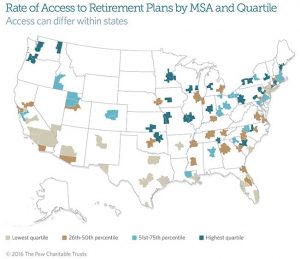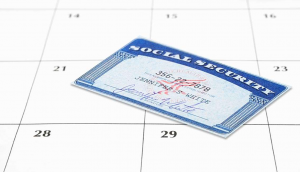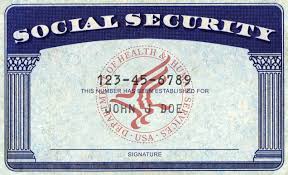
Medicare Fraud Extensive
Medicare fraud is a huge problem. Thousands of older Americans depend on Medicare to help them meet medical expenses, but fraudsters are taking a big scoop from the federal funds before they get to legitimate health care providers, a recent article in the AARP Bulletin says.
Medicare Fraud Causes Multi-billion Dollar Losses
Medicare fraud is estimated to cause more than $60 billion per year. In one very infamous case, a Texas thief methodically siphoned some $375 million from the fund over a five-year period, using a variety of methods. That man now faces life in prison, but the heavy toll taken by unscrupulous people continues to scrape billions from the heath care program.
Fraud Tactics
Fraud and abuse involves such tactics as phantom outpatients, “ghost” clinics, undelivered services, over-billing and identity theft using Medicare information, the AARP reported. The problem is so large the program’s administrators don’t even have a reliable bottom line or a methodology for arriving at the fraud rate. Many experts believe the $60 billion estimate may be too low. They say that fraud could suck off up to 30 percent of the $600 billion per year the program spends.
Large Size Opens Door To Fraud
The problem lies partly in the sheer size of the program, according to Shantanu Agrawal, who is quoted in the AARP article, He is director of program integrity at the Centers for Medicare and Medicaid Services (CMS). He points out the number of claims made every day in the huge system – some 4.5 million. More than a billion dollars are paid out every day.
That volume inherently opens the door to fraud, he said. “We are larger than the largest private payers in the country.” In addition, Medicare is a much more open system than the majority of private payers. Laws required that Medicare admit providers who meet a base set of requirements. They are then allowed to treat patients and bill for those services.
Pre-paying
CMS is trying several methods to ferret out fraud. One approach is by making provider reviews on a pre-pay basis, withholding payment until the applicant has been approved. The agency has made tens of thousands of site visits over the past two years in an effort to close down “false storefronts.” Working with private payers by exchanging data that may identify irregularities has saved the program hundreds of millions, Agrawal said.
Identifying Fake Doctors
The agency also has been more successful in identifying fake doctors. New tools provided by the Affordable Care Act make inroads into the number of unlicensed fraudulent providers. Connections have been made among more than 100 different databases on the state and federal levels. More than 500,000 providers have been removed from the billing system through this effort, he said.
Effects On Medical Research
It is not only patients and legitimate health care providers who suffer from Medicare fraud, experts point out. Medical research that relies on billing data, hospital rankings and cancer studies can be skewed by fraudulent reporting. In some instances, patient deaths have been attributed to fraudulent care.
Legitimate providers are increasingly blowing the whistle on those that they are aware are scamming the system., but they take a risk of repercussions if a case goes against their charges.
Under pressure from critics, program administrators are tightening their oversight, but the challenge is huge and growing.




